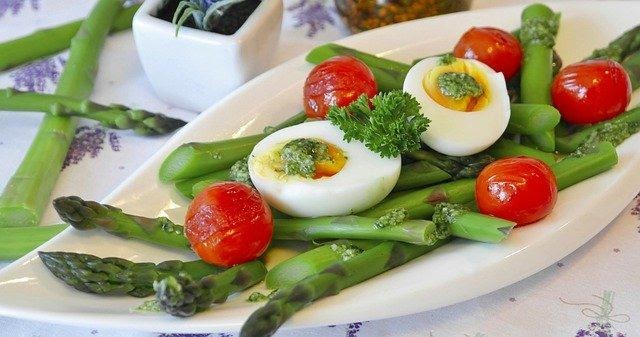Low carbohydrate diets tend to be defined as low in food “starch and sweet” type diets. This can mean that those on a low-carb diet avoid foods like bread, pasta, rice, tortillas, potatoes, corn, peas, even certain fruits, and dairy products and other different ideas. But while carbohydrates can have a bad reputation for causing weight gain, the portions and amounts of all types of foods eaten each day contribute to the weight gain. Before you follow the diet you need to know the low carb diet benefits.
When you hear about a low carb diet benefits that make someone to lose weight like 2lbs a week, it’s important to note that it’s not the carbs that cause the weight loss. It is a decrease in the total amount of food that results in a decrease in calorie intake. It’s the elimination or drastic reduction of a food group that makes someone think it is carbohydrates.
How many carbohydrates do we need?
Carbohydrates are the body’s main energy source, so eliminating them in the long term is not sustainable and is not good for the body. Carbohydrates, as they go through the process of digestion, are reduced to glucose, which travels through the bloodstream and energizes cells for bodily processes.
Adequate carbohydrates are also important for preventing chronic disease and managing weight, especially whole grains and high-fiber fruits and vegetables, which keep us feeling full while optimizing our digestive health.
According to the Dietary Guidelines for Americans, it is recommended that the correct amount of carbohydrates to consume each day be between 45 and 65% of your total diet. For example, on a 1600 calorie diet, your goal would be to consume between 720 and 1,040 calories of carbohydrate per day.
Whole grains
When shopping for foods like bread, tortillas, pasta, and rice, look for products identified as a whole. Whole wheat bread (with at least 3 grams of fiber per slice), whole wheat tortillas, whole-wheat pasta, and brown rice are good sources of complex carbohydrates beneficial for the body.
Fruits and vegetables
Fresh fruits and vegetables do not contain added sugar, look for canned fruits with 100% juice, frozen fruits, and vegetables with reduced amounts of added sugar, and dried fruits with reduced added sugar amounts.
Low-fat dairy products
Dairy products are a source of good carbohydrates, calcium, and protein (along with other essential nutrients), so it’s important to include low-fat dairy products on the menu every day. You can find added sugars in some yogurts and flavored kinds of milk, but you don’t need to avoid these foods because of it. Just keep things under control by keeping your total added sugars to less than 10% of your total calories.
Beans
Beans and lentils (legumes) are great options and can easily be added to meals as vegetables or even to stretch meat by mixing them in place of some ground meats.
Limit sugary sources
An easy way to cut down on sugars is to use low-calorie sweeteners instead of sugars, whether you add them to food right before you eat, cook something sweet with a low-calorie sweetener, or add it to your favorite drink.











